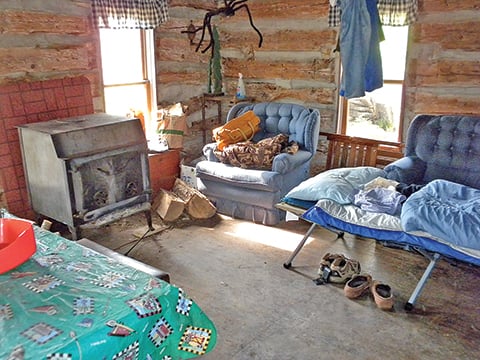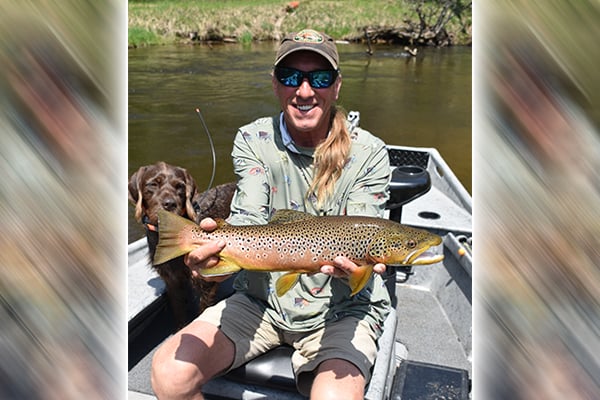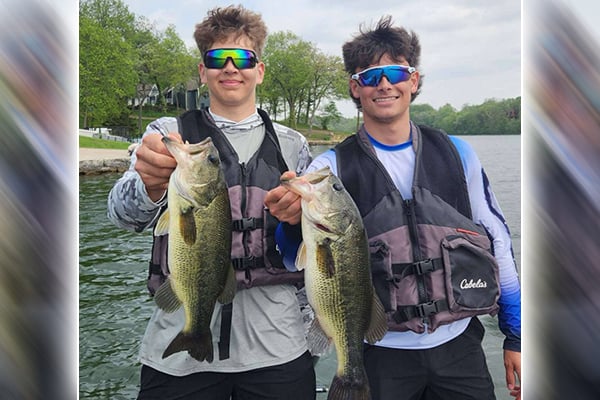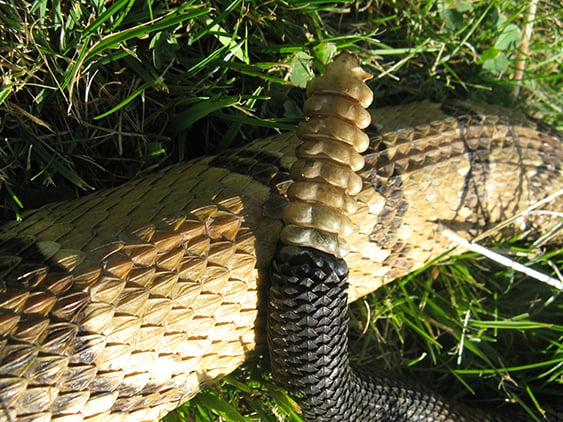Farm bill extension gets cold reception from conservation groups – Outdoor News
Washington — Several national conservation groups say Congress wasted a golden opportunity to do right by hunters, anglers, and conservationists by passing a federal farm bill extension that doesn’t include billions in conservation funding from the Inflation Reduction Act.
The legislation, which President Joe Biden signed before Christmas, extends government funding through March 14 and the current farm bill, passed in 2018, through Sept. 30. The agreement avoided a government shutdown and ensures that certain farm bill initiatives including the Conservation Reserve Program will be authorized to provide enrollments in 2025. The legislation also provides $10 billion in economic aid for agricultural producers.
However, the legislation does not incorporate $14.5 billion in conservation funding from the Inflation Reduction Act, passed in August 2022 through the budget reconciliation process, into the farm bill’s conservation title.
Congress also failed, conservation officials say, to provide “stopgap funding” for the popular Voluntary Public Access and Habitat Incentive Program, leaving the only federal program supporting state public access on private lands unfunded for 2025.
“Upland hunters and conservationists are pleased Congress reached an agreement to keep the government open and provide essential funding for agricultural producers, but we are profoundly disappointed that lawmakers squandered a critical opportunity to reallocate more than $14 billion into the farm bill’s conservation title,” said Ariel Wiegard, vice president of government affairs for Pheasants Forever and Quail Forever. “It’s unfathomable that such a popular, paid-for, permanent boost for conservation was excluded from this year-end deal.”
MORE COVERAGE FROM MINNESOTA OUTDOOR NEWS:
CWD endemic in southeast trio of deer permit areas in Minnesota
Here are ways to impress your non-hunting friends and family around the table this holiday season
Streams of Thought: Some favorites – and bonus annoyances – from Minnesota’s outdoor scene in 2024
Roughly every five years, Congress passes legislation that sets national agricultural policy in several areas, including “titles” for programs pertaining to nutrition assistance, crop subsidies, trade, and farmland conservation.
The 2018 federal farm bill has now been extended twice, and conservation officials are urging Congress to act swiftly in 2025 to pass a new farm bill and include in it the billions in conservation funding from the Inflation Reduction Act. It’s a measure, conservation officials say, that enjoys bipartisan support and would provide a “generational investment” in conservation on agricultural lands while providing a stable income stream for producers.
The conservation-funding omission passed before the holidays did not sit well with conservation groups across the board.
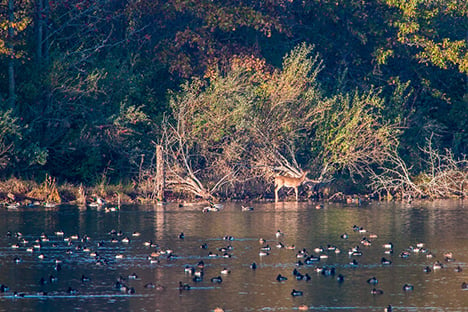
“Our natural resources connect us all – the water we drink, the soil that our food system relies on, the outdoors we enjoy,” said Kate Hansen, agricultural program director at the Izaak Walton League of America. “Investing in their stewardship is as common-sense as it gets in Washington. We had a meaningful opportunity to invest in conservation this year. Instead, congressional leaders chose politics over pragmatism.”
“We at the TRCP have spent over two decades demonstrating the value of farm bill conservation programs,” said Aaron Field, director of private lands conservation for the Theodore Roosevelt Conservation Partnership, a coalition of national hunting, angling, and conservation organizations. “There are simply no better tools to encourage conservation on private lands, and for years, around four times as many agricultural producers have been trying to use them than funding allows. Congress had a chance to meet more of this demand and just plain blew it.”
One important conservation-protection provision to protect wetlands from drainage is part of the new farm bill extension, said John Devney, chief policy officer for Delta Waterfowl in Bismarck, N.D.
In an effort to preserve the many public benefits of wetlands, Congress first authorized Swampbuster in the 1985 Food Security Act. It has been in every farm bill since.
The voluntary provision is a compact between the public and agricultural producers: If a farmer collects farm bill commodity payments, receives subsidized crop insurance, or any another subsidized farm payment or loan, that farmer must agree not to drain or fill wetlands on their property.
“The provision has been forwarded with the extension,” Devney said.
Conservation officials will be busy touting the farm bill’s conservation provisions in 2025 – provisions, they say, that have always enjoyed broad support from agricultural producers. In fact, a new poll, released in December by the National Wildlife Federation, found that farmers and ranchers “strongly support” increased investments in U.S. Department of Agriculture conservation programming. The poll surveyed 500 farmers and ranchers from across the country, with 75% of producers saying they support an increase in “long-term funding” for USDA’s voluntary conservation programs. About 5% disagreed.
“Farmers, ranchers, and landowners are experts in stewarding their land and have a critical role to play in conserving water, protecting soil, and creating and maintaining habitat for pollinators and wildlife,” said Aviva Glaser, senior director of agricultural policy for the NWF. “This polling shows that voluntary conservation programs are broadly supported by farmers and ranchers who want to see increased investment in funding for these critical programs.”
Conservation officials say a new farm bill in 2025 should reflect that support by reallocating the $14.5 billion in conservation funding from the Inflation Reduction Act.


